A classically trained cellist turned techno DJ, Chloe Lula brings these seemingly disparate worlds together on her new album Oneiris. After leaving behind years of training at the San Francisco Conservatory of Music, she found her way into experimental music, techno, and music journalism. Her work as a journalist brought her into conversation with artists like Hildur Guðnadóttir and Max Richter, ultimately drawing her back to the cello.
Oneiris moves between processed strings, electronic textures, and field recordings with a fluid sense of memory. Each track maps a territory between Lula's classical foundation and her years in electronic music, creating familiar and untethered landscapes. The album marks a return to her instrument and a deeper shift—away from the mechanized spaces of club culture and toward natural environments and organic sound.

Lawrence Peryer: Your journey from classical cello training to electronic music and back to incorporating cello is fascinating. How has this circular path influenced your approach to composition on Oneiris?
Chloe Lula: The classical music world is very dogmatic. Being in electronic and experimental music for so long—where there are no rules (or a conscious breaking of rules), and most people have no formal training—opened me up to re-approaching the cello without the strict framework for playing and composing that I had before.
Lawrence: Returning to the cello became "a bridge between the past and the present" for you. Can you elaborate on specific memories or emotions that resurfaced during the creation of this album?
Chloe: I had a cello for years but barely touched it for the last decade. I was hesitant to do anything with it because I felt I had failed by quitting classical training. Picking it up again made me remember the joy that originally drew me to the instrument. But it's been much more liberating than my past experiences with the cello because I've been learning to interact with it using my own language, on my own terms, with no expectations.
Lawrence: Your background spans classical training, community radio, experimental music, and techno. How do these diverse musical experiences manifest in the tracks on Oneiris?
Chloe: The LP is a culmination of my influences, from weirdo avant-garde stuff I'd play on the radio to straightforward electronics and classical minimalism. It's just elements of these styles but stripped down to their most basic elements.
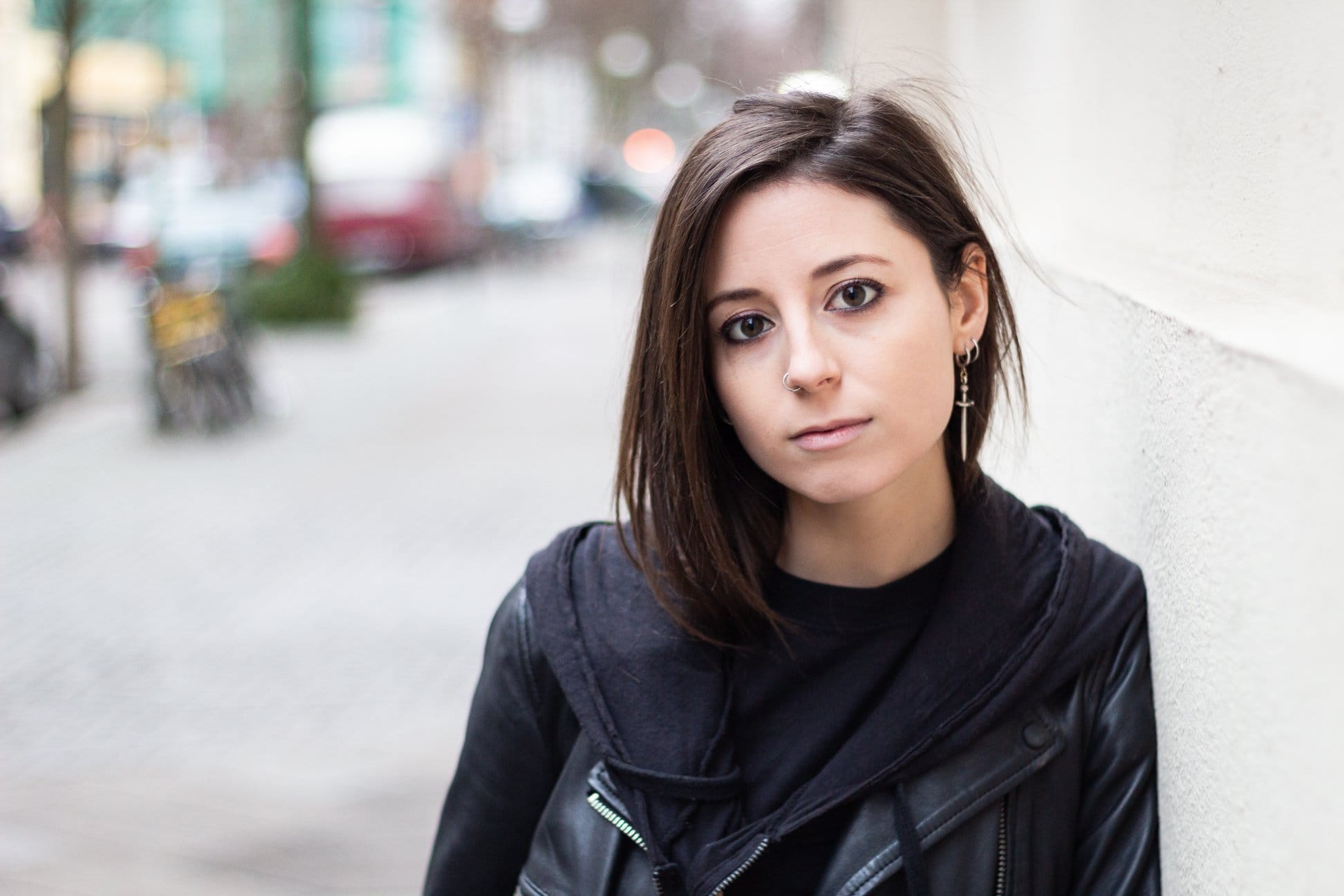
Lawrence: You've interviewed artists like Hildur Guðnadóttir and Max Richter. How have these conversations shaped your perspective on blending electronic and acoustic elements in your music?
Chloe: Coming from classical music, I was always very much under the impression that there was just one "correct" way to make and play music: how composers from the classical canon dictate that music be played. In meeting artists like this (and becoming familiar with their predecessors—avant-gardists like Maryanne Amacher, Laurie Anderson, and many composers coming from the Mills College lineage, for example), I came to understand that instruments I knew from a classical context don't have to be limited by classical orchestration or traditions at all. In fact, "neoclassical music" can play with ideas of space, tonality, harmonic spectrum, texture, and so on in many cool ways. It opened my mind, and I'm only beginning to explore this.
Lawrence: Oneiris seems to explore themes of memory and subconscious connections. How does this concept translate into your compositional choices or sound design?
Chloe: Whether it was intentional or not, many of the sounds I gravitated toward used heavy effects—reverb, delay—and I also created a lot of layers using overdubbing. Some cello recordings (especially in pieces like "Pretence of Permanence") also play with feedback loops. For me, these elements create a sense of nostalgia; they play with where sounds sit in time, almost like you're hearing (or half-hearing) them as they're filtered through the film of memory.
Lawrence: The album is described as a confrontation with the past and celebrating cross-pollination between musical forms. Can you walk us through a track that exemplifies this duality?
Chloe: Sure! On a very simple level, I think the song "Ellipsis" is representative of the duality you're talking about. The first half of the song is more or less just layers of long, low layers of bowed cello, but about halfway through, it starts fusing with synths. My intention was for the instrument and the electronics to become almost indistinguishable from each other. The percussion (though minimal) is also all manipulated recordings of sounds created with the cello, like smacking the bow against the cello frame, moving the microphone around, and so on.
Lawrence: Your return to the cello coincided with a desire to reconnect with natural environments. How does this environmental aspect inform the soundscapes on Oneiris?
Chloe: I got into hiking and spending time in nature the last couple of years, especially last year. These moments have become real times of healing for me, much in the same way that playing an instrument now is. They're both rare times when I enter a meditative flow state, and my nervous system slows down. I live such a chaotic, busy life that sometimes, those moments are elusive.
There was a week when I was writing the album that I spent in Stockholm. I vividly remember walking through this expansive, magnificent sculpture garden at the Artipelag Contemporary Art Museum on an island outside the city. I listened to some of my recordings as I explored the forest surrounding the museum, and I recall feeling such profound, transcendent contentment that this walk will forever be etched in my mind.
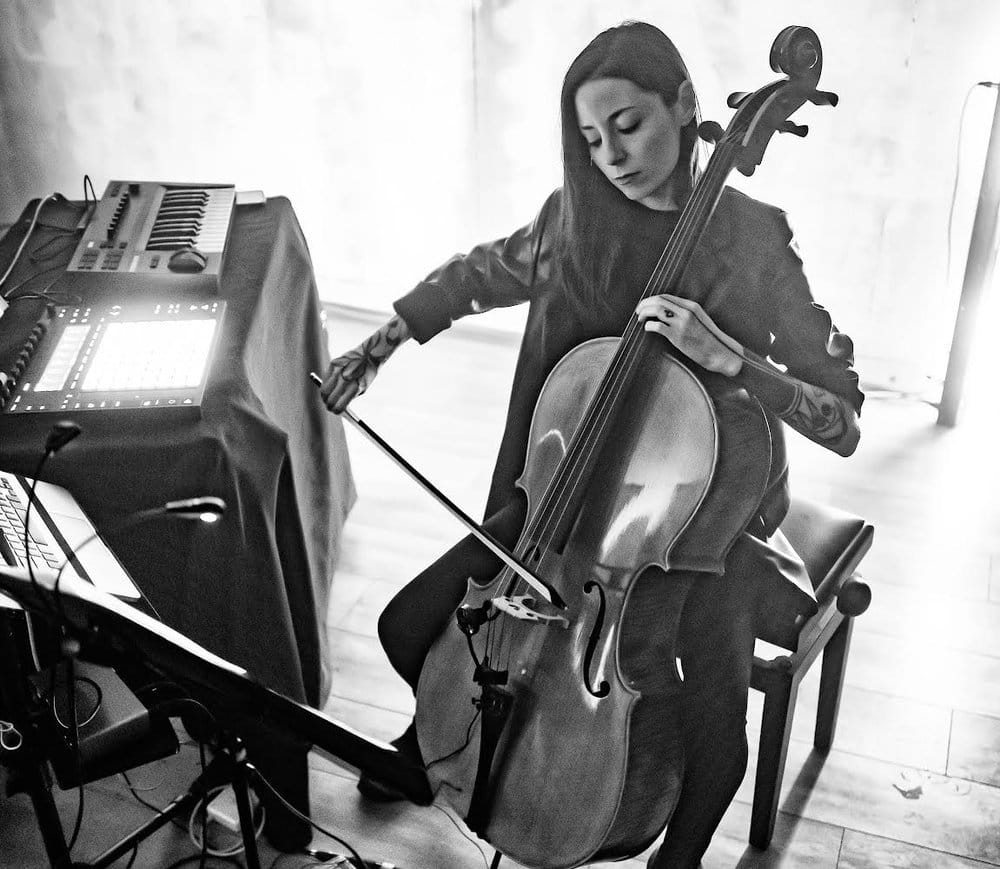
Lawrence: The track titles on the album (e.g., "Fossa," "Mothswarm," and "Satori") evoke vivid imagery. What's the relationship between these titles and the music they represent?
Chloe: To be honest, I chose these titles after finishing the pieces. I keep a list of words and phrases I'd like to use more in my writing (as I'm also a music journalist), and I pulled these from the notes app on my phone because they seemed fitting. I was looking for titles that were emotionally evocative or communicated a sense of intensity—like when you're in the thick of an emotional haze or coming through the other side of a painful or confusing experience. I very much channeled all of these states into the writing of these songs, and I hope they come across while listening. It functioned like a soundtrack for my inner transformation over a few months. If that translates to some extent, then I've done my job!
Lawrence: Can you describe your collaboration process with James Ginzburg on the album's production, mixing, and mastering? How did his involvement shape the final sound?
Chloe: James has been such an amazing person to work with, and I always tell him that. Since the moment I showed him the music, he's been extremely involved in the process, from tweaking arrangements, offering feedback on instrumentation (especially percussion) that was "masking" the music, mixing everything through outboard compressors, helping source the artwork, decide names, pick press photos—the list goes on. The record would be far from what it looks and sounds like now without his input, and I learned a lot from watching him work. We spent a few days in his studio, reviewing the material and listening back. One of the things I've taken away from the process with him is that less is more.
Lawrence: How does your experience as a techno DJ and producer inform your approach to pacing and structure in this more experimental work?
Chloe: I've always been drawn to melancholic, atmospheric electronic music. I'm a bit of a goth in that way. My primary influences in techno are artists like Sandwell District, whose music is minimal and filled with moody pads that call to mind a lot of aesthetic clichés that truly did and do still draw me to places like Berlin and Brooklyn. I DJ a lot of music like this (and make techno like this, too). This palette is a thread that runs through my album; maybe I'm the only person who hears it, but I think and hope it comes across that all of these landscapes are different snapshots of the same world.
Lawrence: How do you see your work evolving after Oneiris? Are there new directions or collaborations you're excited to explore?
Chloe: I'd like to start writing pieces for more instrumentation, like a small chamber group. I play with a cello ensemble (just for fun) and have a modest goal of composing a piece that we could perform together in the spring, perhaps even utilizing electronics and more complex ideas around harmonic frequencies and arrangement. I'd also like to bring my dance and instrumental music closer, such as making a continuous live set with rhythmic elements that could function in a dance floor setting. There's still a lot I'd love to try out, but I'm excited for the turn full circle.
Chloe Lula's Oneiris is out Friday, November 22, 2024. Learn more about Chloe and her projects here.
Check out more like this:
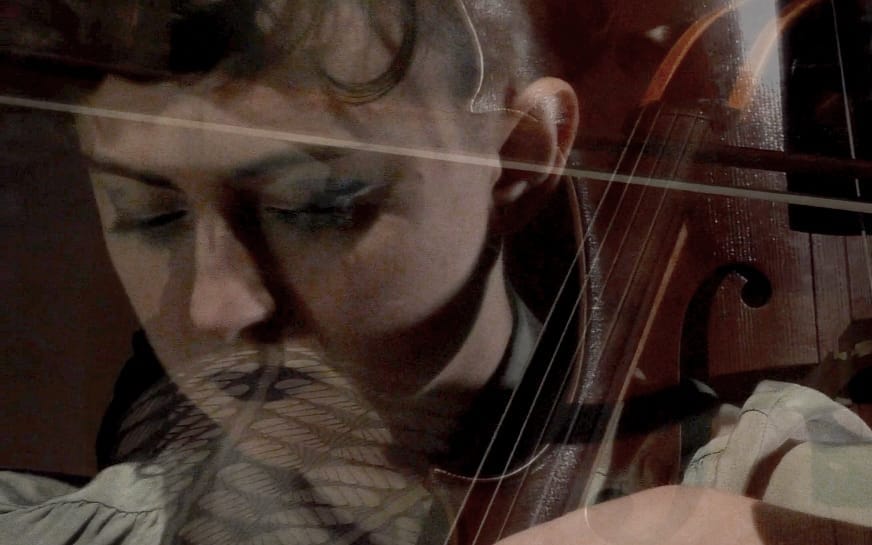
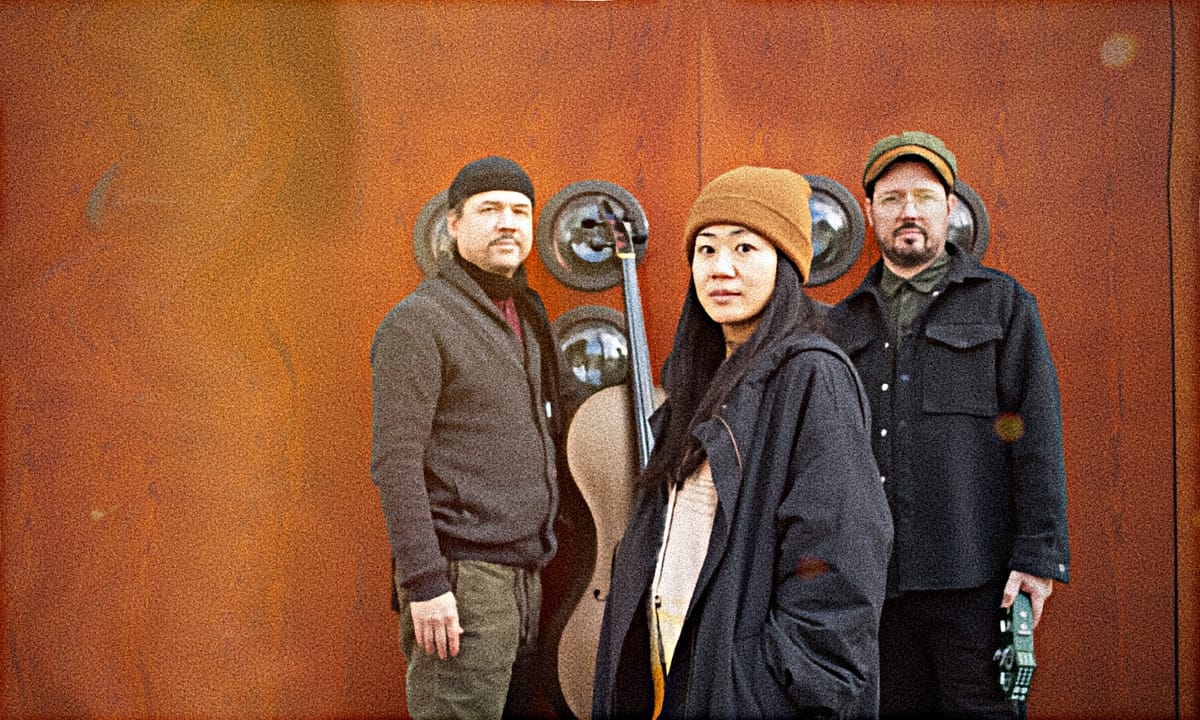


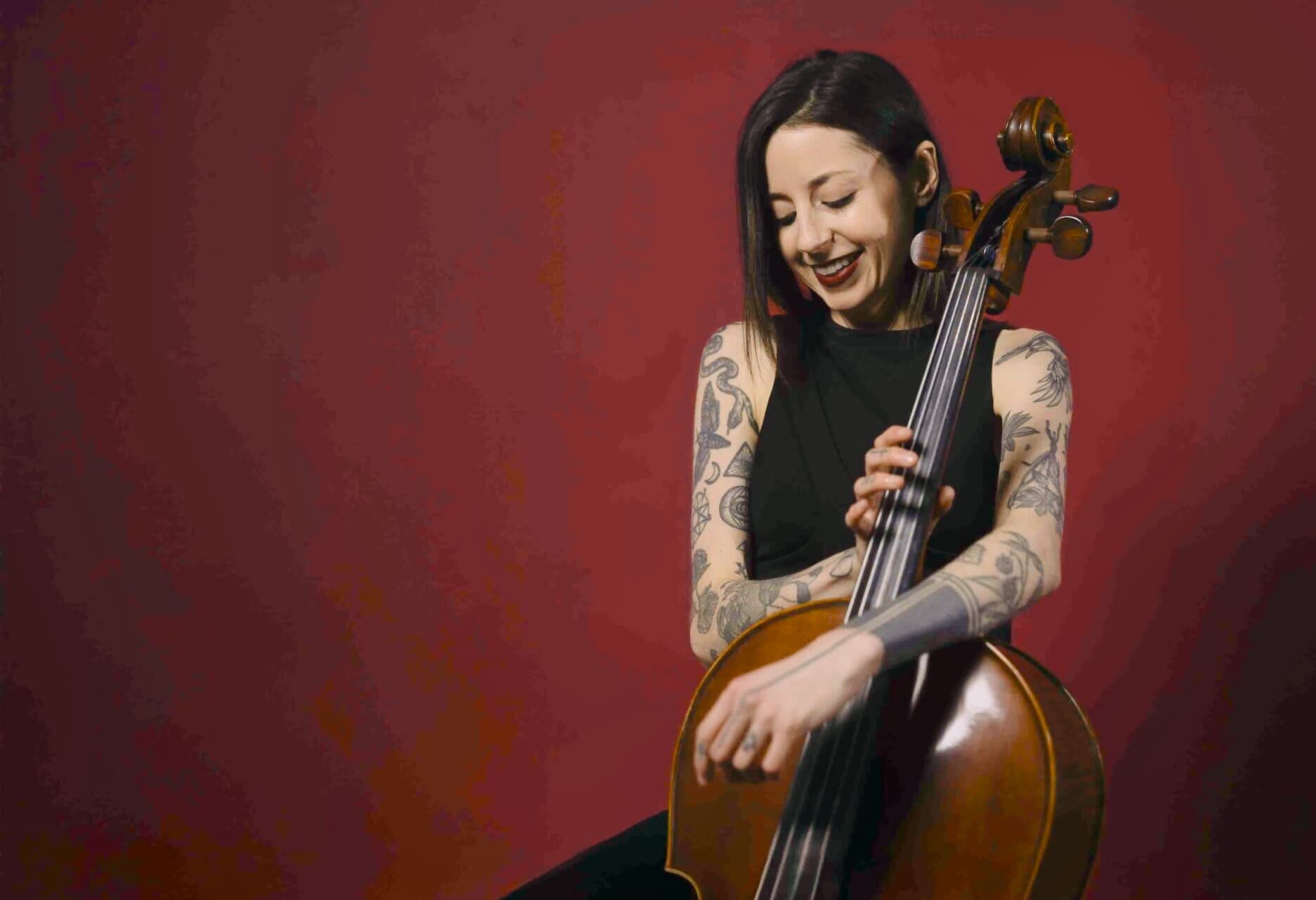






Comments